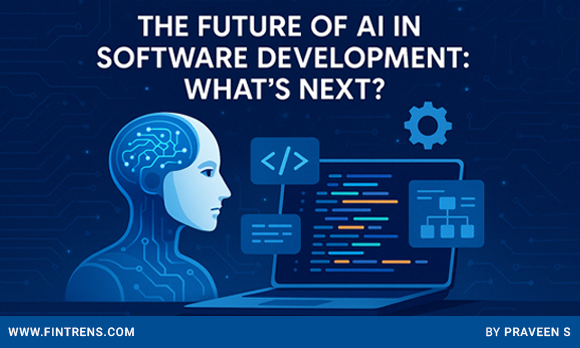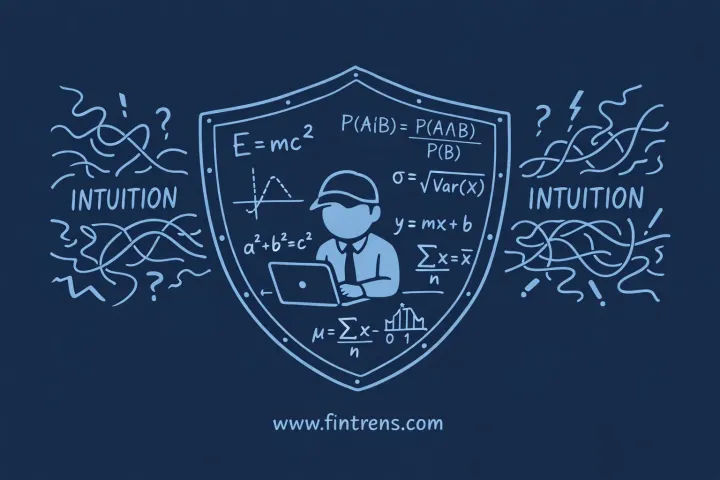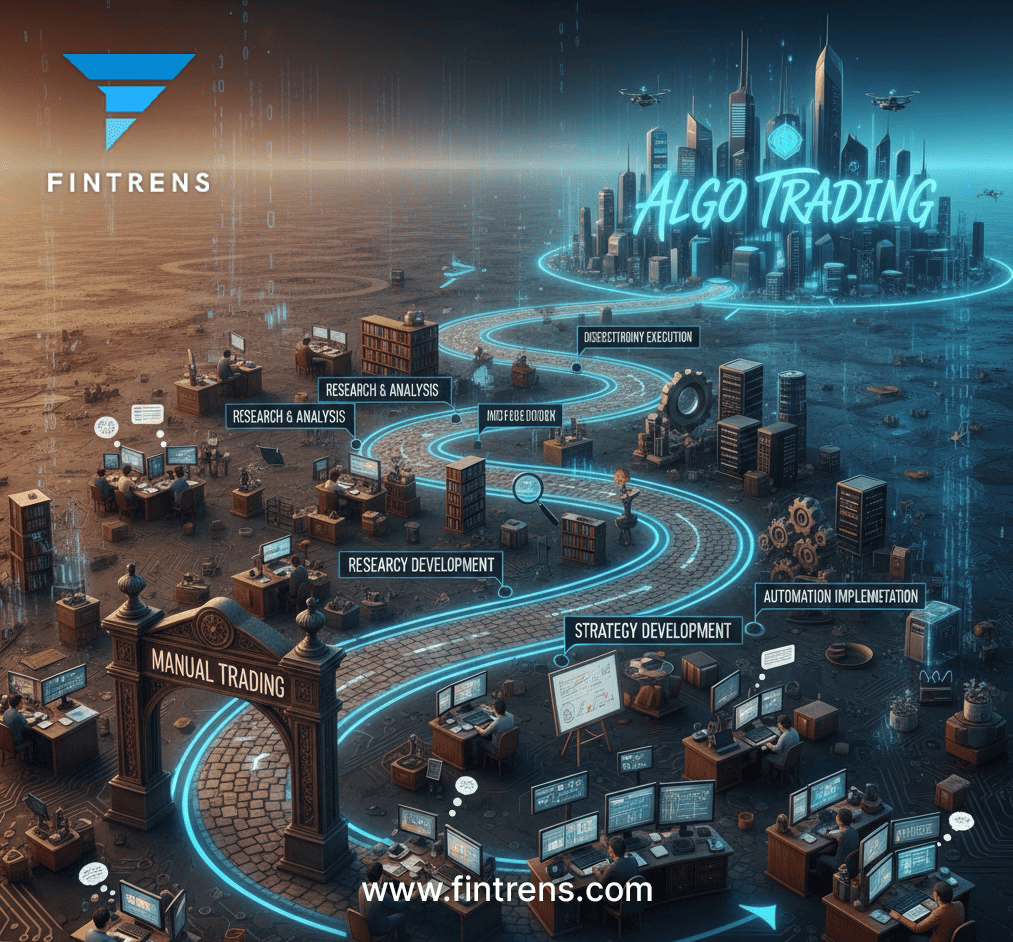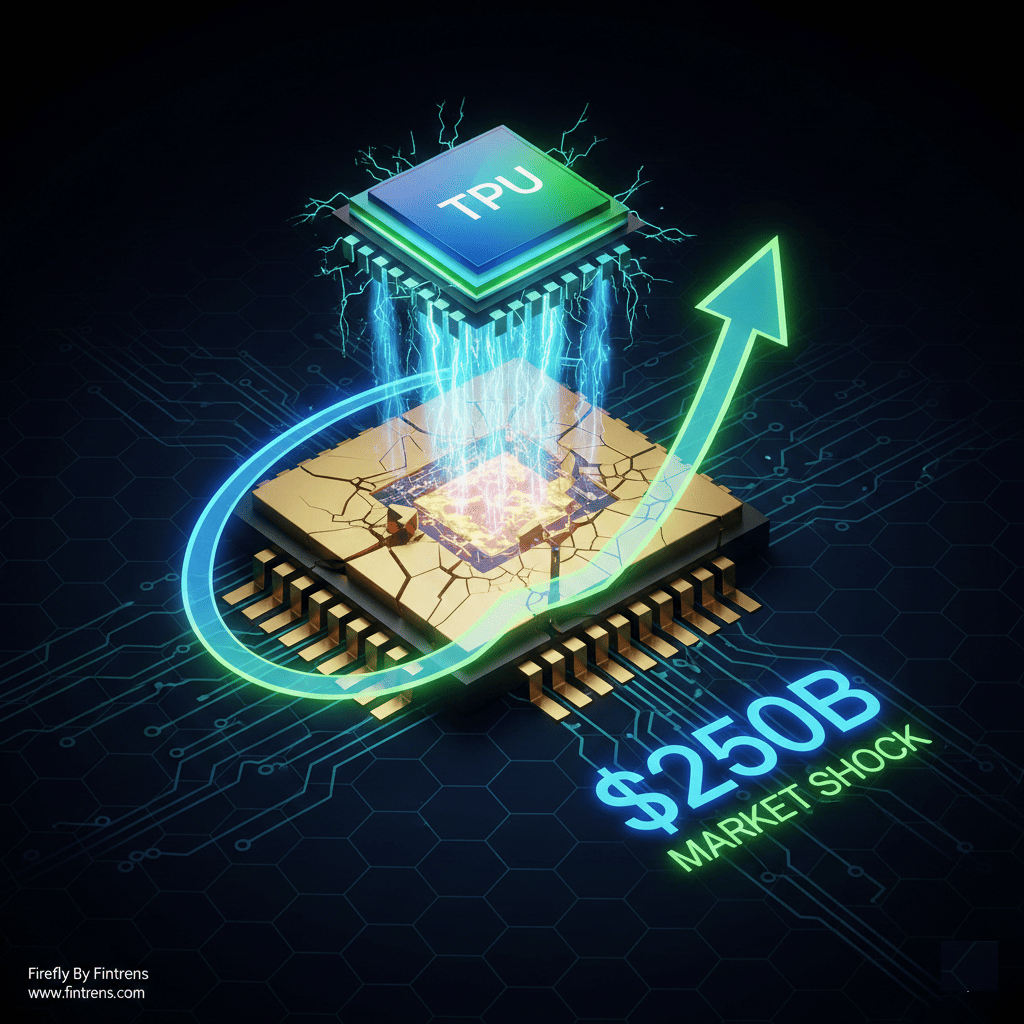The Future of AI in Software Development: What’s Next?

Artificial Intelligence (AI) is revolutionizing software development, streamlining workflows, enhancing code quality, and accelerating deployments. But as AI continues to evolve, what groundbreaking advancements can we expect?
While tools like GitHub Copilot, AI-driven testing, and multi-modal AI have set new benchmarks, the next phase of AI innovation is poised to be even more transformative. Here are six cutting-edge trends shaping the future of software development.
1. AI-Designed Software Architectures
AI is no longer just an assistant in coding, it is set to become a key architect in software design. Advanced AI systems will analyze business requirements, identify optimal system architectures, and generate scalable solutions. This evolution will drastically reduce the time spent on architectural planning, ensuring efficiency and adherence to best practices from the outset.
2. Self-Healing Code
Software bugs are a persistent challenge, but AI is poised to revolutionise debugging. Self-healing systems will proactively detect vulnerabilities, diagnose faults, and implement real-time corrections without human intervention. This capability will lead to more resilient applications, reduced downtime, and lower maintenance costs.
3. AI-Driven Development Environments
Today’s Integrated Development Environments (IDEs) provide AI-powered code suggestions, but the future will bring fully AI-driven development ecosystems. These environments will anticipate developer intent, suggest optimised workflows, and autonomously refactor codebases to enhance security and performance. By reducing repetitive tasks, AI-driven IDEs will allow developers to focus on higher-level problem-solving.
4. Autonomous DevOps Pipelines
AI is already streamlining DevOps processes, but the next step is complete automation. Future AI-powered DevOps pipelines will predict and mitigate deployment failures, dynamically scale infrastructure, and optimise resource allocation, all with minimal human oversight. This will result in seamless, reliable software releases with significantly reduced operational risks.
5. Natural Language Software Engineering
AI is democratizing software development by bridging the gap between human language and programming. Soon, developers and even non-technical users will be able to describe application logic in plain English, and AI will generate functional codebases. This breakthrough will lower the barrier to entry for software development, enabling broader participation in technology creation.
6. AI-Powered Security and Compliance
As cybersecurity threats become increasingly sophisticated, AI will play a critical role in ensuring software security. Future AI-driven systems will enforce compliance with industry standards, continuously monitor for vulnerabilities, and preemptively address security risks. By integrating AI-driven security protocols, organizations can fortify their software against emerging threats and maintain regulatory compliance with greater efficiency.
The Road Ahead
The evolution of AI in software development is not about replacing human expertise but augmenting it. AI-powered tools will take on complex, labor-intensive tasks, optimise workflows, and influence high-level architectural decisions. As these technologies mature, they will redefine not just how software is built but how businesses innovate.
AI is not merely automating development, it is shaping the future of technology. The next decade will reveal the full extent of AI’s impact on software engineering. Are we prepared to embrace this transformation?




